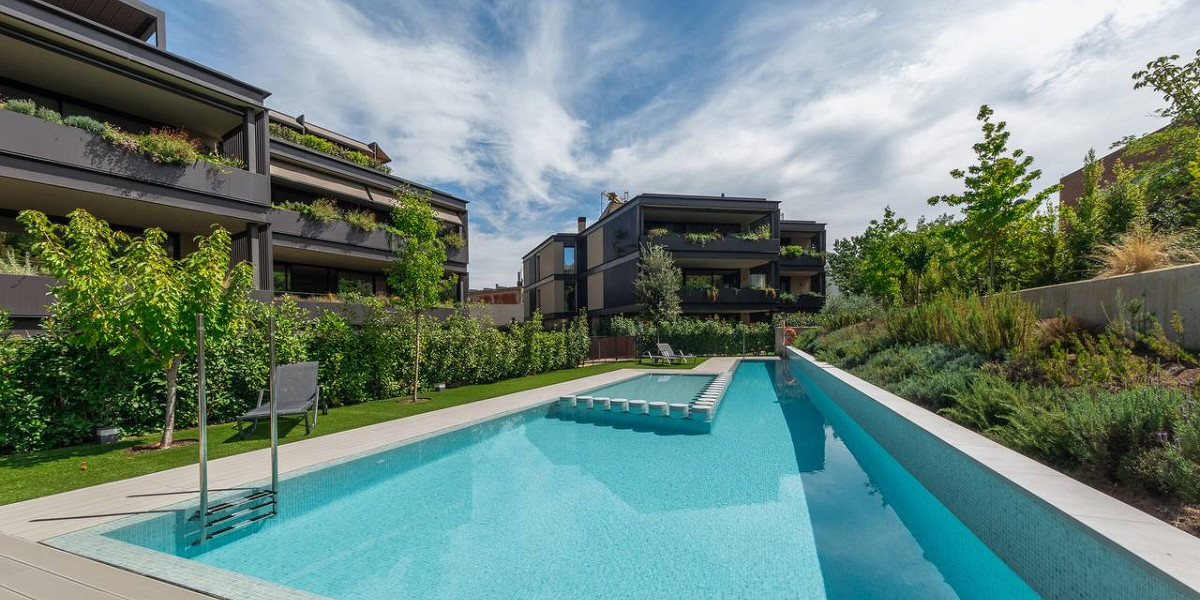On April 3, 2025, Spain officially terminated its investment visa program (golden visa) by amending Law 14/2013 through Organic Law 1/2025. This move eliminates Articles 63–67, which allowed non-EU foreigners to obtain residency through significant investments, such as purchasing property exceeding €500,000.
Launched in 2013 under Mariano Rajoy’s government (PP), the program aimed to attract foreign capital during the economic crisis. It granted renewable residency without physical stay requirements and access to the Schengen Area. From 2013 to 2023, 14,576 visas were issued for real estate purchases, peaking at 3,270 in 2023. Key investors included British (post-Brexit), Russian, Chinese, and Latin American nationals.
Territorial and Economic Impact
In 2023, 9.71% of foreign property purchases exceeded €500,000, concentrated in Barcelona, Madrid, Málaga, Alicante, Balearic Islands, and Valencia. In areas like Marbella or the Balearics, such transactions accounted for up to 10% of the market. Total investment under the program reached €10,014 million between 2016 and 2023.
International Context and Future Measures
Spain’s decision aligns with the UK, Ireland, and the Netherlands, which scrapped similar programs over security and transparency concerns. However, Malta, Greece, and Italy retain their schemes. Concurrently, the Spanish government announced tax hikes for non-EU non-residents, potentially up to 100% of the property value. ERC, a political party, proposed restricting home purchases by foreigners without five years of continuous residency.
Transition and Renewals
Applications submitted before April 3, will follow previous rules, as will renewals of existing visas. In January, 342 golden visas were issued, primarily to Gulf states, Eastern Europe, and Latin America.
This policy shift prioritizes housing access for residents and tightens controls on foreign investment, marking a new phase in Spain’s migration and housing strategy.

